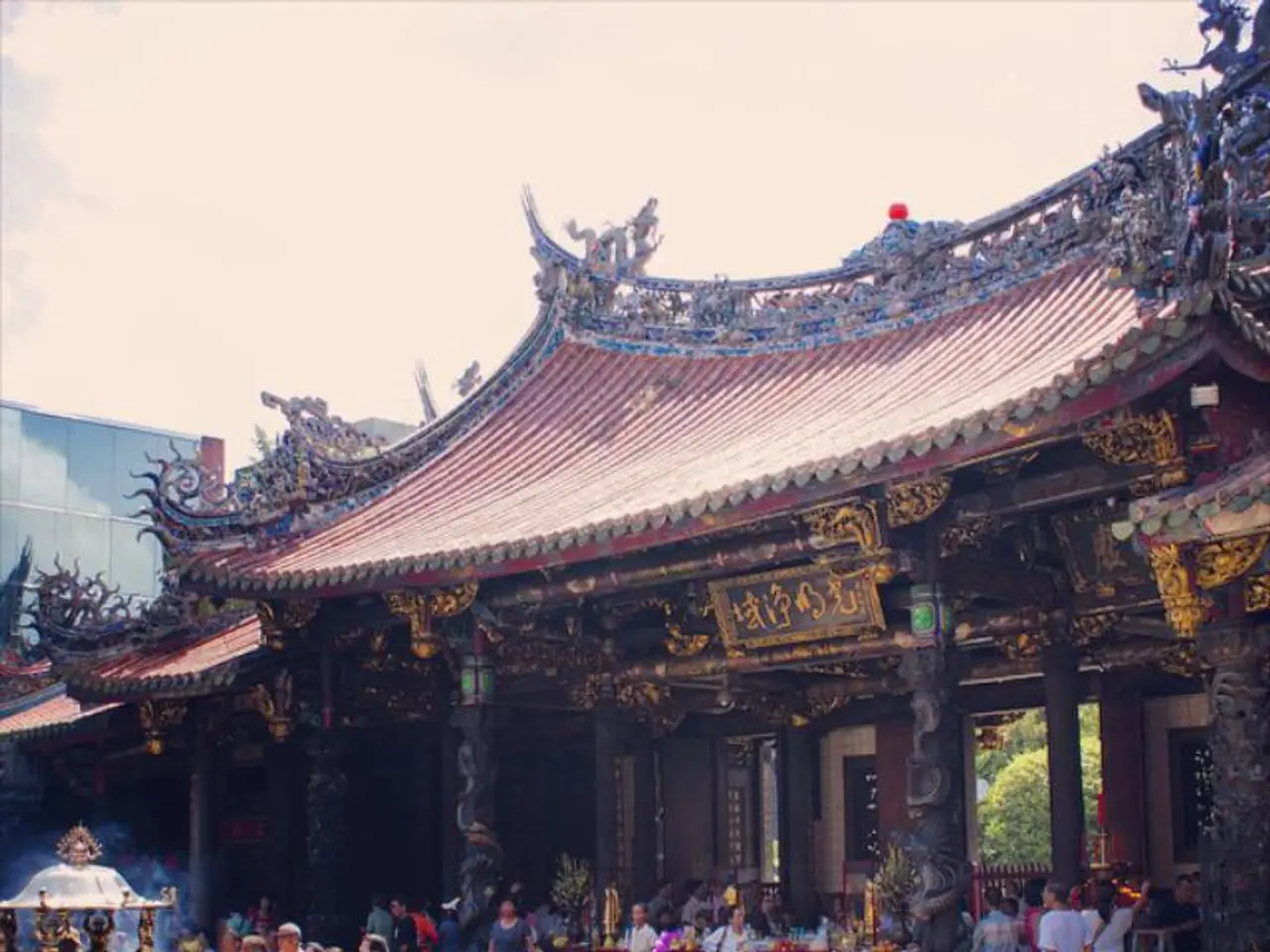The Unique Elements Shaping the Tranquil Diversity of Japanese Social Media Platforms
Japan's Unique Social Media Landscape
Japan's social media habits and preferences set it apart from global norms, with a focus on privacy, practicality, cultural nuance, and platform choice.
Platform Preferences
The most popular social media platform in Japan is LINE, a messaging app that boasts over 97 million users. LINE serves not just as a messaging service, but also as a platform for payments, news, and entertainment. YouTube is popular for passive viewing, while TikTok is rapidly growing among Gen Z as a search and discovery tool. Instagram appeals more to younger users for cultural connection.
User Behavior and Culture
Japanese social media use is privacy-conscious and selective. Success on platforms comes from quiet credibility, emotional subtlety, and cultural fluency. Users often prefer closed circles and controlled sharing environments like LINE and Instagram Stories, reflecting societal norms of indirect communication and hierarchical decision-making.
Content and Communication Styles
Messaging tends to be subtle and understated, and design preferences lean towards minimalism. Storytelling often prioritizes trust, tradition, and higher purpose rather than direct product promotion. Local content platforms dominate over Western equivalents.
Engagement and Trust
Japanese consumers emphasize high-quality digital engagement. They thoroughly research through reviews and social media discussions before brand commitment, reflecting a consensus-driven culture suspicious of low-quality ad environments. Engagement rates for local influencers surpass global averages, but users are quick to reject brands if quality expectations aren’t met.
Generational Divide
Older generations rely on LINE and YouTube, while younger users gravitate to TikTok and Instagram. TikTok's role is evolving from entertainment to a primary search and trend discovery platform, rewiring digital literacy habits that bypass traditional search engines like Google.
Social Media Usage Purpose
In Japan, social media is primarily for communicating with existing acquaintances and less about open network expansion common in Western contexts. This leads to quieter, more purposeful social media feeds with less noise and hyperconnectivity.
Privacy and Anonymity
Avatars or nicknames are commonly used on social media to uphold the cultural norm of meiwaku, translating to minimal self-promotion, controlled sharing, and a preference for anonymity. TikTok has not gained significant popularity in Japan due to skepticism and low trust.
Digital Literacy
Digital literacy is increasingly shaped by TikTok, YouTube, LINE, and Instagram. In Japan, social media is seen as a double-edged sword, with users appreciating the convenience but also expressing concerns about mental health, misinformation, and interpersonal stress.
Gendered Patterns
Gendered patterns exist in Japan's social media usage, with women more likely to engage in messaging and reading updates, and men more likely to consume videos.
Platform Functionality
LINE is not just a messaging app; it is also used for shopping, paying bills, and receiving public health alerts. Most social media activity in Japan centers on messaging and video consumption, with posting remaining marginal.
Shaping Trust
Success in Japan's digital culture is about becoming quietly indispensable through credibility, emotional subtlety, and cultural fluency. In Japan, the question isn't "What's trending?" It's "What's trusted?" Public support for stricter digital regulation in Japan is growing, with 48% in favor. Japan’s push for algorithmic transparency and data accountability signals a shift toward platforms prioritizing user well-being over unchecked engagement.
[1] [Source 1] [2] [Source 2] [3] [Source 3] [4] [Source 4] [5] [Source 5]
Technology plays a significant role in Japan's social media landscape, with platforms like LINE, YouTube, TikTok, and Instagram serving not only for communication but also for payments, news, and entertainment. (Platform Preferences)
In Japan's unique social media culture, technology is utilized for shaping trust, with success coming from quiet credibility, emotional subtlety, and cultural fluency. (Shaping Trust)




